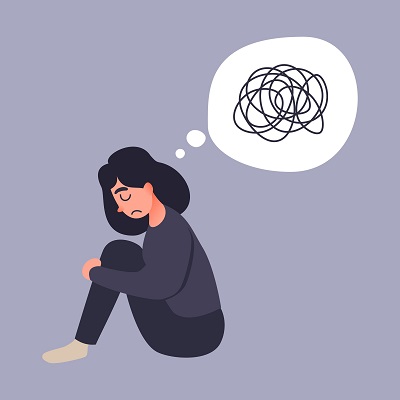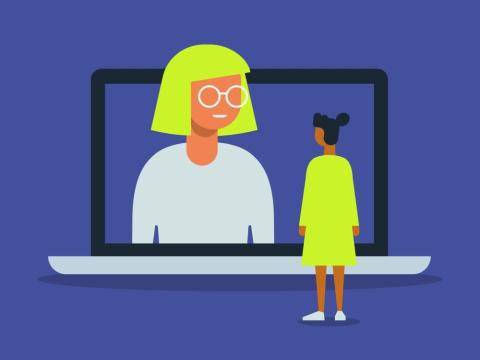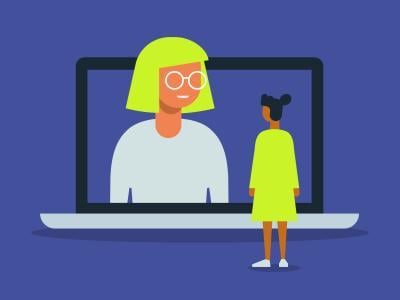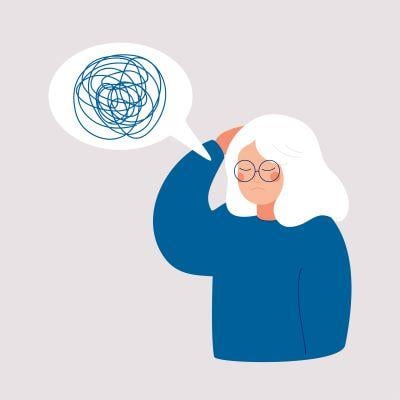Childhood Depression and Anxiety in the Age of COVID-19
Childhood Depression and Anxiety in the Age of COVID-19

Being a child was difficult enough before the pandemic. With the rise of standardized tests and increasing pressure on students to do well academically, children and adolescents are constantly inundated with homework in an effort to ensure they keep up with the standards of their schools. Many come into school with significant disadvantages such as food insecurity, poverty, and traumatic family backgrounds. According to Feeding America, a non-profit organization whose mission is to combat food insecurity and hunger in the United States, an estimated thirteen million children go without regular meals. When children go hungry on a regular basis, this can cause social, behavioral, and developmental issues such as language and motor skill impairment, development of anxiety and depression, and chronic illness. (Weinreb et al., 2002.
According to an article by Courtney et al. (2021), anxiety and depression are the most common mental health issues among children and adolescents under the age of eighteen. The COVID-19 pandemic has been identified as a significant factor in the deterioration of mental health in children, but the long-term effects of COVID-19 on children's mental health has yet to be seen. Some of these factors are not because of the virus itself, as deaths resulting from the coronavirus are very low among children; instead, governmental policies on social isolation and school shutdowns as a result of the pandemic are what has contributed to the development of anxiety and depression-related disorders such as hypochondria, obsessive-compulsive disorder, major depressive disorder, and social phobia or social anxiety disorder. Another study by Bignardi et al. (2021) conducted in the United Kingdom has shown that family stability is another contributing factor to how children and adolescents process their emotions. If they feel that they cannot speak to their parents about how they feel, it can cause their existing conditions to worsen.
Despite all this, there are some things that can be done to address childhood anxiety and depression. The return to in-person learning has been a great start and you can read my previous blog post on the benefits of in-person education for young children and how parents can help with health-related anxiety. One of the best strategies for parents is to have honest conversations with their children about the future. The future of education, work, school, and social lives are uncertain, a frightening prospect that has affected people of all ages. Having an open conversation with children in which you discuss what frightens you, how you have been feeling over the past year, and what we can or cannot expect teaches children the importance of being emotionally available. As previously stated, opening up communication with your children is critical in assessing the mental health of your child and knowing whether they may need therapeutic intervention. It is also advisable to encourage playdates with children their own age, whether it is in-person or virtually. As children return to school, they will be able to resume some part of their social lives that was interrupted by the beginning of the pandemic and will need to reestablish connections with their peers. This will help them feel more comfortable in school and at home if they have strong social support from their friends and family.
The pandemic is not over, but that doesn't mean our children can or should be denied the education and social support they need. We must do what we can to keep them safe, healthy, and on track to a bright future.
Special thanks to Rebecca Braverman for her assistance in researching and writing this post.
















